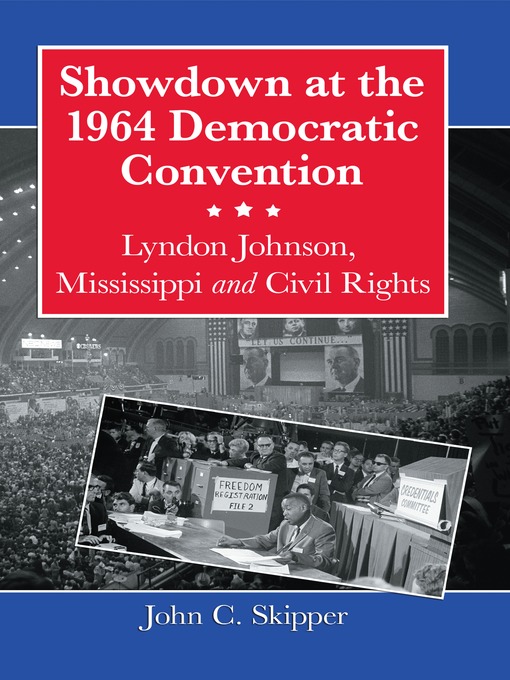- New eBook additions
- Available now
- New kids additions
- New teen additions
- Most popular
- Try something different
- See all
- New audiobook additions
- Available now
- New kids additions
- New teen additions
- Most popular
- Try something different
- See all
- All Magazines
- Most Popular
- Cooking & Food
- Entertainment
- Home & Garden
- News & Politics
- Newest Editions
- Magazines
- For Adults
- For Kids
- Health & Fitness
- Fashion
- Hobbies & Crafts
- See all

